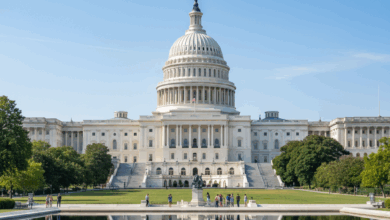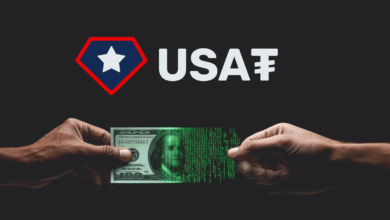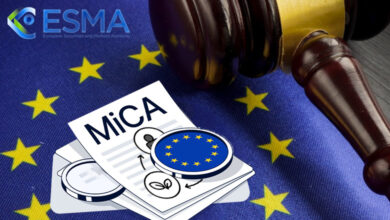Is MiCA Already Failing? France’s Fight Over Crypto Passporting

When the European Union launched MiCA (Markets in Crypto-Assets Regulation), it was billed as the world’s first unified crypto framework. The idea was bold: a license from one EU member state would allow a firm to operate across all 27 countries under a system known as crypto passporting.
But France is now threatening that system. Reuters reports that French regulators may block licenses issued in other EU jurisdictions if they believe oversight is too weak — describing the option as an “atomic weapon.”
MiCA’s Promise and the Passporting Reality
MiCA promised to simplify Europe’s fragmented crypto landscape. Exchanges like Coinbase, which secured its MiCA license in Luxembourg, or Kraken in Ireland, positioned themselves to use passporting for EU-wide expansion.
Yet the model relies on mutual trust. If one country offers lighter rules, that standard applies across the entire bloc — turning passporting into a potential loophole.
The Weak Links Under MiCA
The debate centers on Malta, long branded “Blockchain Island.” Its history of friendlier licenses has raised questions about enforcement strength. But Malta is not alone. Lithuania, which has become a magnet for crypto firms thanks to its fast-licensing regime, and Liechtenstein, whose early Blockchain Act offers firms a comparatively smoother entry into Europe, are also seen as potential weak links.
For regulators in Paris and elsewhere, the idea that a license obtained in one of these jurisdictions could automatically open the French or German market is unacceptable. The fear is that MiCA could trigger a race to the bottom, with firms shopping for the easiest approval and passporting it across the bloc.
EU Countries Putting National Interest First
This clash echoes a familiar EU story: member states minding their own interests. From medical supply shortages during COVID to fiscal policy disputes, the EU often bends under national pressure. MiCA was meant to showcase European unity in digital finance, but France’s stance reveals the same fault lines.
What’s at Stake for Crypto Firms
If France blocks passporting, the benefits of MiCA vanish. Instead of “one license, 27 markets,” crypto companies face fragmented approvals, higher compliance costs, and legal uncertainty. That outcome would hurt both firms and consumers, undermining the EU’s ambition to position itself as a leading crypto hub.
The real solution lies in empowering the European Securities and Markets Authority (ESMA). Only a central authority with direct oversight, enforcement, and audit powers can prevent regulatory arbitrage and ensure MiCA delivers on its promise.
Leaving enforcement to national regulators creates uneven standards and constant political battles. For MiCA to succeed — and for the EU to maintain credibility in digital finance — ESMA must become the single supervisor for Europe’s crypto market.
UAE: A Predictable Harbor for VASPs
For Virtual Asset Service Providers (VASPs), predictability matters more than promises. Today, one of the most reliable markets is the UAE, where regulators like VARA, ADGM, and the Central Bank have established clear and stable frameworks.
Unlike the shifting ground in Europe, the UAE offers regulatory certainty, making it an attractive hub for firms seeking long-term stability.
France’s move is more than a regulatory spat. It raises the question of whether the EU can still act as a single economic bloc when national interests collide. MiCA was designed to unify crypto markets in Europe — but the risk now is that it becomes the bullet that exposes the EU’s fractures instead.





